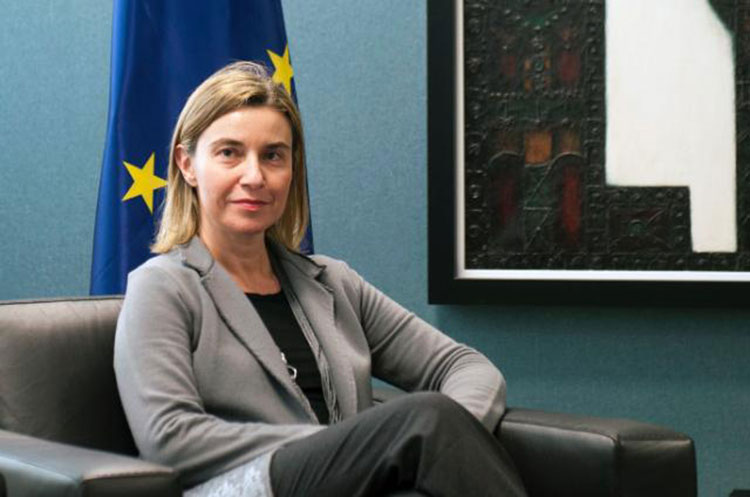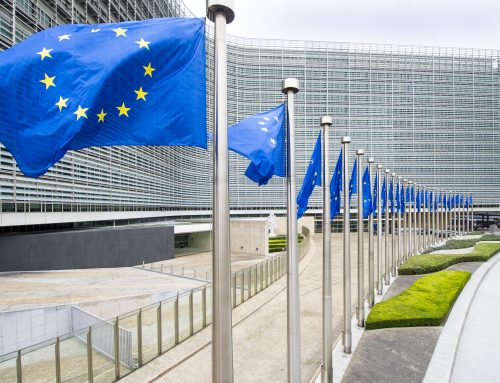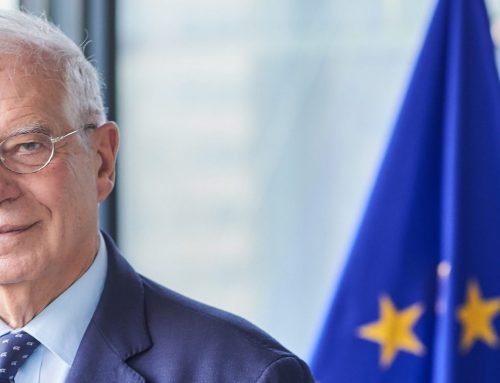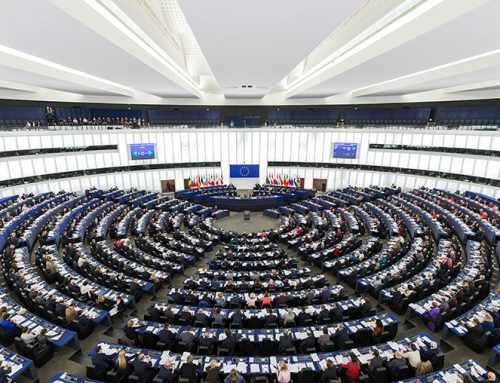10 years ago, the United Nations General Assembly adopted the United Nations Declaration on the Rights of Indigenous Peoples (UNDRIP), which established a framework for the rights, dignity and well-being of indigenous peoples.
Since then, there has been a rising recognition and understanding of the challenges faced by indigenous peoples. These positive trends have been enforced by the enhanced cooperation and partnerships between states, civil society at large and indigenous peoples. Such partnerships have benefitted from the fact that indigenous peoples are standing up for their rights, to end all forms of discrimination and to speak up against human rights violations and abuses.
While they only make up less than five percent of the world’s population, they account for 15 percent of the poorest people around the world. Indigenous peoples are also often among the first victims when human rights situations worsen.
The EU has a range of polices in place to support the rights of indigenous peoples as set out in the UNDRIP, from human rights, to development and financing instruments. The EU’s bilateral cooperation with many countries places a strong emphasis on indigenous peoples’ participation at local and national levels in the countries they live. The EU is also taking action to fight violence against indigenous peoples and human rights defenders, especially when they are protecting lands and natural resources. Through the European Instrument for Democracy and Human Rights, the EU supports indigenous human rights defenders at risk in getting out of harm’s way.
This commitment to prevent and protect against threats and violence was reiterated by the EU Council conclusions on Indigenous Peoples adopted on 15 May this year.
The EU will continue to stand by indigenous peoples in combatting discrimination and inequality. This is why the EU also is deeply committed to indigenous peoples’ inclusion in the 2030 Agenda for Sustainable Development where we will apply a rights based approach to development – encompassing all human rights so that no one is left behind. The EU’s contribution to it will be guided by the new European Consensus for Development.
The EU looks forward to continue our dialogues with indigenous peoples at all levels of EU cooperation to maximise the impacts of our actions. We will work with all partners, starting from indigenous peoples themselves, to ensure that the international community’s commitments to UNDRIP continue in the coming years.




